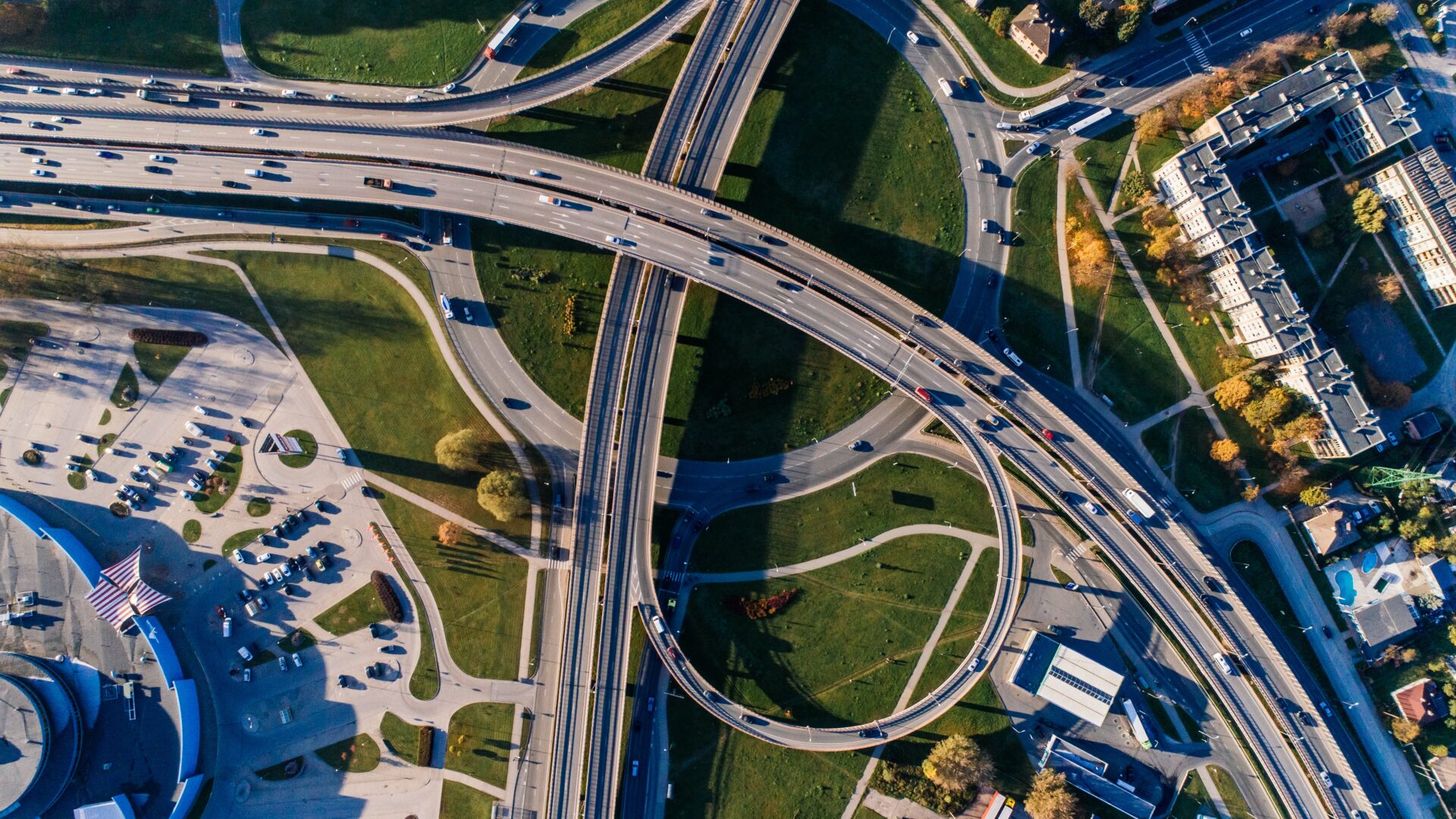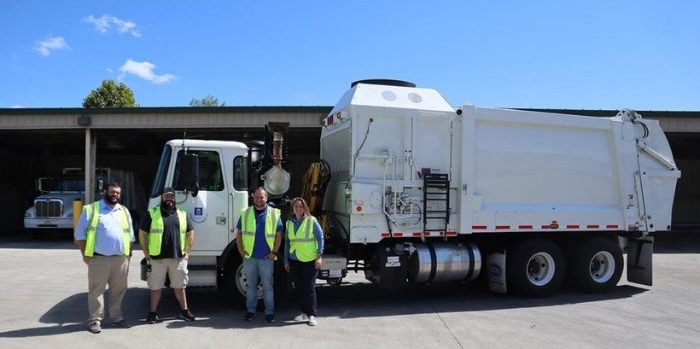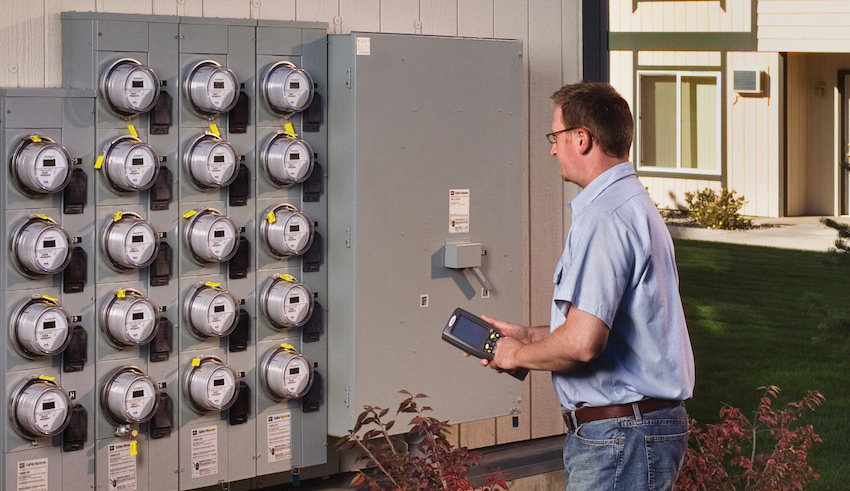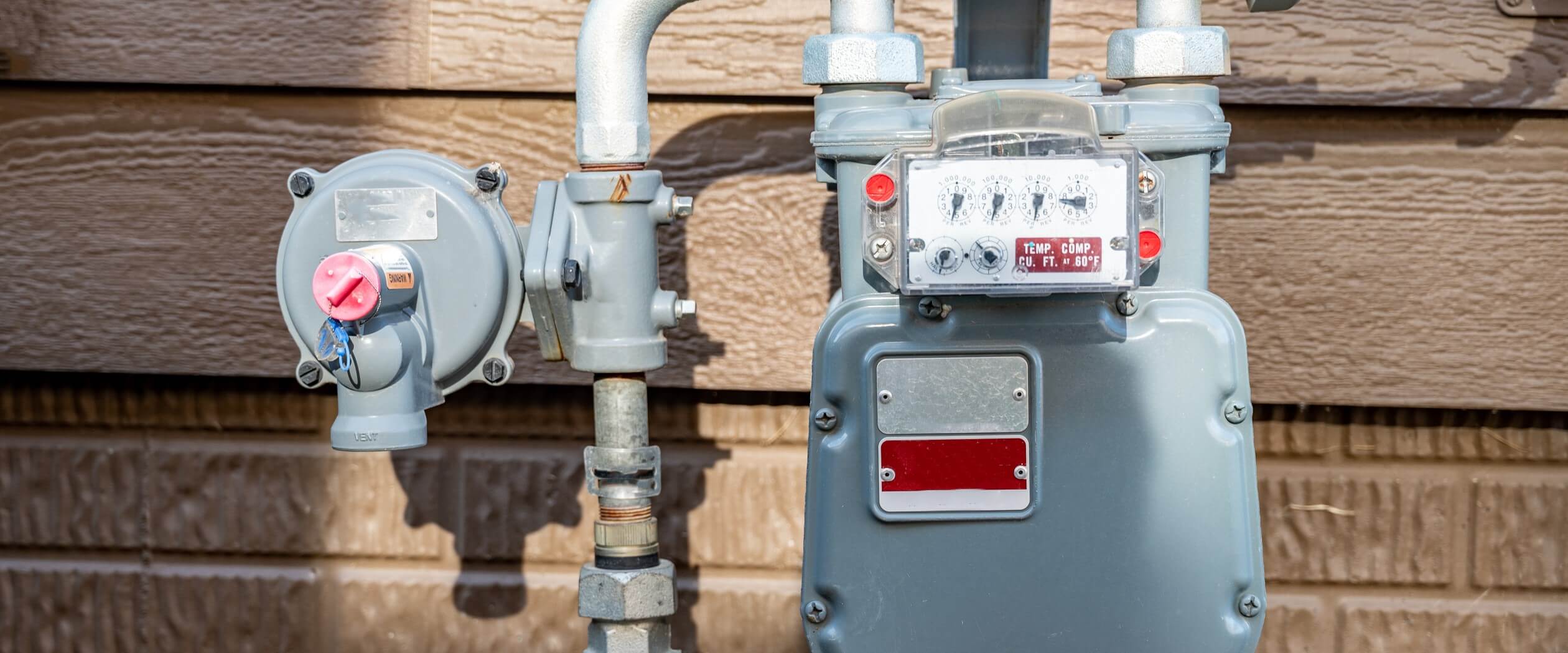Recology Overhauled its Routing System to Exceed California’s Recycling Mandate
Recology used RouteSmart to reroute its San Francisco system as it switched from single-use vehicles to a fleet with dual-use garbage and recycling vehicles and a separate organics waste vehicle.
Recology used RouteSmart to reroute its San Francisco system as it switched from single-use vehicles to a fleet with dual-use garbage and recycling vehicles and a separate organics waste vehicle.
THE COMPANY
Resource recovery company Recology, Inc., has served residential and commercial customers in San Francisco, CA, for over 90 years. The privately held group collects garbage but also prides itself on being a leader in materials recovery. Recology pioneered the nation’s first and largest curbside yard trimmings and food scraps collections in San Francisco. The company services over 113 communities and is a parent to 40 subsidiaries.
THE CHALLENGE
In 1989, the San Francisco Board of Supervisors mandated a goal of 75% waste diversion for all of San Francisco by the year 2010 and zero waste by 2020. Recology had to implement a radical plan to revamp its operations and convert its waste collection systems from a garbage and recycling bin-based system to a garbage, recycling, and organics waste system. Recology’s rallying cry is “waste zero,” and the company strives for a 100% recycling rate. This revolution in waste management meant a revolution within the company. Recology eliminated separate garbage and recycling vehicles and purchased dual collection vehicles that could handle garbage and recycling simultaneously, and purchased separate vehicles for organics waste. This dramatic change required management to overhaul their entire routing system.
THE SOLUTION
Recology implemented RouteSmart in their San Francisco office to efficiently reroute their new fleet soon after the California mandate was passed. They also looked at other software applications, but as Routing Specialist Amy Ma explains, “RouteSmart was the only system that really met our needs because it had a focus on really dense residential routing and those are exactly the types of services that were needed here in San Francisco.” The Recology team saw that RouteSmart could help them navigate a dense city with a geography that included very steep hills and tight alleyways.
To deploy the software, the routing team met with upper management, the operation supervisors who managed the drivers, and the drivers themselves. With such a wealth of on-the-ground information, they were able to address their unique needs up front. For instance, in addition to geographical challenges, the team contended with large apartment buildings that had multiple containers and different types of key systems. RouteSmart was able to factor all of these considerations into the re-routing process.
“RouteSmart was the only system that really met our needs because it had a focus on really dense residential routing and those are exactly the types of services that were needed here in San Francisco.”
Recology used RouteSmart to model new residential routes, which they presented to their internal team for review. “It was truly a collaborative effort from the ground up. What made the program a success was getting buy-in from upper management all the way down to the drivers themselves who ultimately would be the ones impacted by our routing changes,” says Ma
She continues, “RouteSmart got us the bulk of the way there. Being able to display all of the information on one map and have everybody see how their request would impact another route made the task so much easier.” She explains that each request created a ripple effect through the entire routing system. By viewing RouteSmart results on a map, it was easy to see how the entire fleet was affected. Collaborating with all of the team players then helped them achieve a plan that significantly streamlined their routes.
The RouteSmart experts at Recology also output routing reports specifying the address, customer name, and the time the driver needed to arrive. “All of the RouteSmart tools really made the drivers accountable in terms of how they should be servicing the route, what time they should be there, and when they should be finishing,” notes Ma.
THE RESULTS
Exceeding San Francisco’s goals
Recology was able to help the city reach a 52% recycling goal in 2002 by switching to dual collection vehicles and optimizing the new fleet with RouteSmart.
San Francisco Now Diverts 80% of all waste generated by the city away from landfill disposal through source reduction, reuse, and recycling and composting programs.
The city’s partnership with Recology and its advanced waste reduction programs have helped San Francisco become the Greenest City in North America and receive a perfect score for resource recovery and recycling in the 2011 Siemens Green City Index.
Achieving Buy-in from More Divisions
The subsidiaries in rural locations, as well as more densely populated areas similar to San Francisco, saw how easily RouteSmart was implemented and were inspired to take advantage of the technology.
Recology uses RouteSmart extensively to test new routing scenarios. Subsidiaries may be experiencing issues with excessive overtime and are looking for alternative suggestions, whether it is balancing service areas, changing service days, or adjusting the number of routes. Ma says, “We’ve done that with great success. At one company alone I believe that we were able to save about $7,000 per week on overtime.”
Planning for New Business
Based on the success of these projects, Recology’s subsidiaries are using RouteSmart to improve their routes or to pursue new business contracts. When pitching new business, RouteSmart helps them plan and project the impact of these vehicles on service time, tonnage, landfill trips, and miles driven. “That really has an impact on the bottom line,” states Ma.
Ready to get started.
Get in touch with us.
Contact Us



